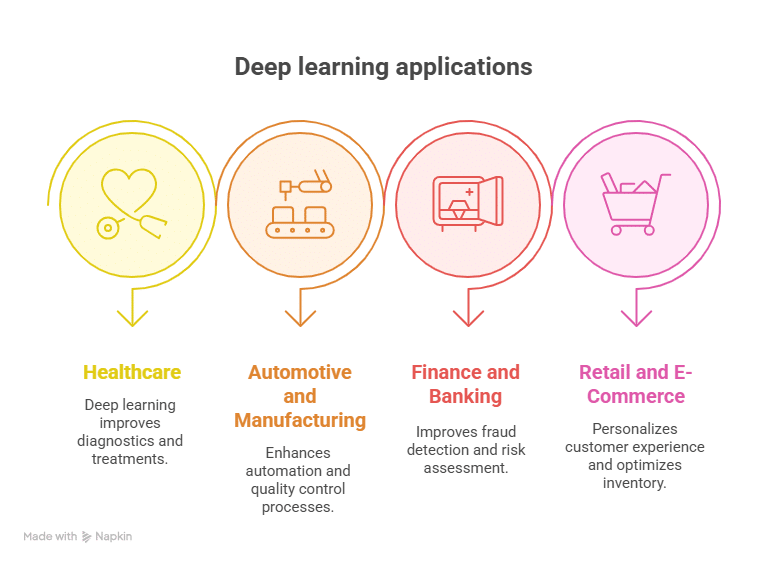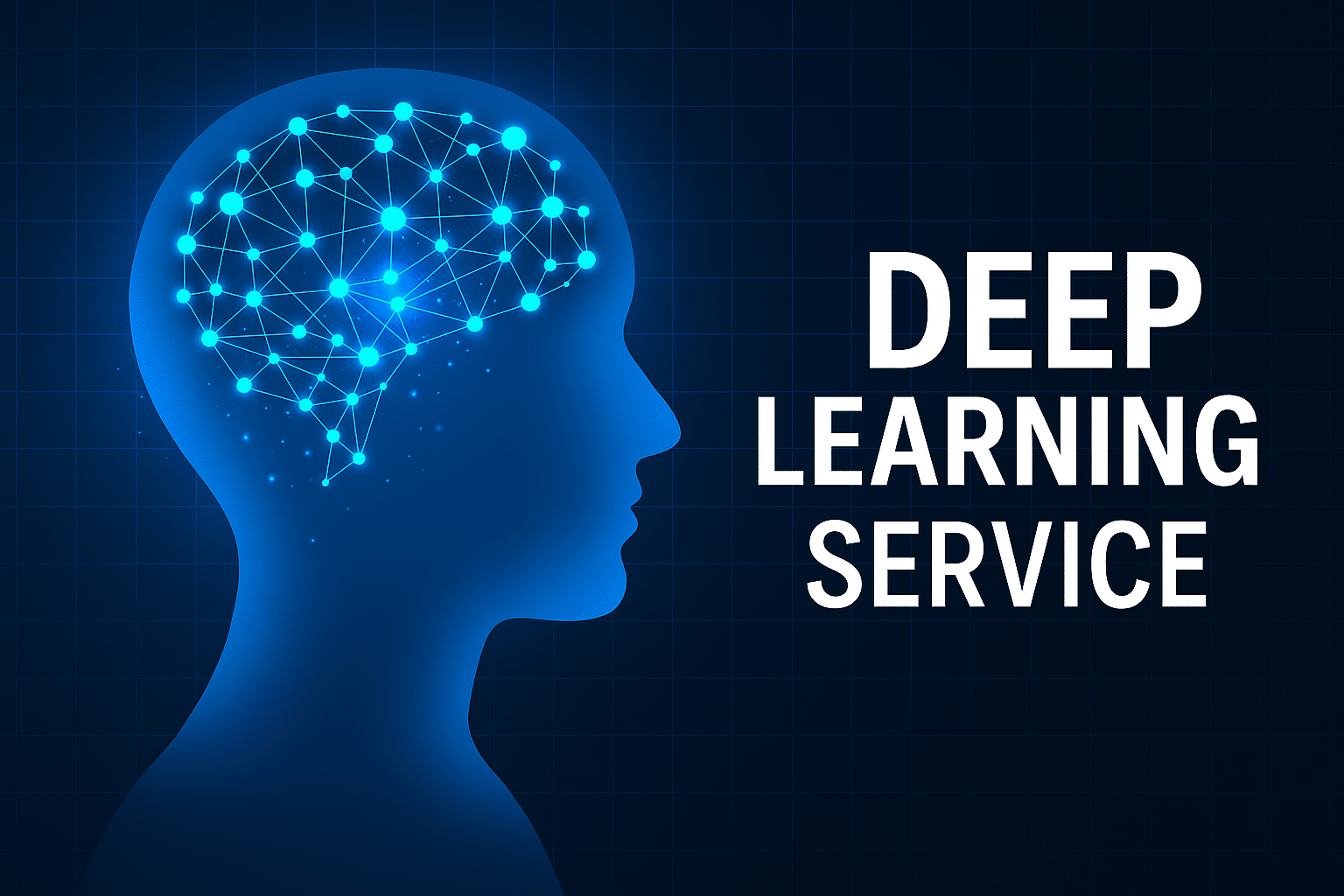Revolutionizing AI with Deep Learning Services: A Complete Guide by Elysium Technologies
As digital transformation accelerates, artificial intelligence (AI) has become a key driver of innovation across various industries. Among the many branches of AI, Deep Learning Services stands out as a revolutionary force capable of redefining how machines learn, analyze, and make decisions. Deep learning enables computers to simulate human intelligence, process complex data patterns, and solve intricate problems with remarkable accuracy.
Elysium Technologies, a frontrunner in the AI and software development space, has consistently leveraged the power of deep learning to develop high-performance, scalable solutions. With a team of certified AI professionals and a dedication to innovation, Elysium Technologies has positioned itself as a trusted partner for enterprises seeking intelligent transformation.
In this blog, we will explore the fundamentals of deep learning, delve into the specialized services offered by Elysium Technologies, examine the transformative impact of deep learning on businesses, and understand the future potential of this cutting-edge technology.
What is deep learning and Why It Matters Today?
Evolution of Deep Learning
As a focused area within machine learning, deep learning utilizes layered neural networks to decode and examine complex patterns within data. It mimics the structure and function of the human brain, allowing machines to process information in a hierarchical fashion. Unlike traditional algorithms, deep learning models can automatically discover patterns and features in unstructured data such as images, text, and audio.
Initially limited by computational power and data availability, deep learning has witnessed explosive growth in the past decade, thanks to the rise of big data, cloud computing, and GPU acceleration. Its applications now span healthcare, finance, transportation, education, and more.
Deep Learning vs Machine Learning
While both machine learning (ML) and deep learning (DL) aim to enable machines to learn from data, the key difference lies in how they process it. While machine learning typically depends on manually selecting features, deep learning automates this process by utilizing layered neural networks to extract relevant patterns. As a result, deep learning models tend to outperform traditional ML models in tasks such as image recognition, natural language processing, and speech-to-text.
Real-World Examples Across Industries

- Healthcare:
Deep learning algorithms have revolutionized healthcare by enabling highly accurate analysis of medical images such as X-rays, MRIs, and CT scans. These algorithms assist in early detection and diagnosis of critical diseases including cancer, COVID-19, diabetic retinopathy, and cardiovascular conditions. Beyond imaging, deep learning is used in predictive modeling to forecast patient outcomes, personalize treatment plans, and even accelerate drug discovery processes by analyzing vast biomedical data. - Finance:
Financial institutions leverage deep learning to enhance various aspects of their operations. Forecasting stock market movements through predictive analytics enables investors to make well-informed choices. Fraud detection systems utilize deep learning to analyze transaction patterns in real-time, identifying anomalies and potential fraudulent activities with high precision. Additionally, credit scoring and risk management are improved through automated assessment of borrower profiles and financial behaviors. - Retail:
The retail industry uses deep learning to deliver personalized shopping experiences. Recommendation engines analyze customer purchase history, browsing behavior, and preferences to suggest relevant products, boosting sales and customer loyalty. By forecasting demand patterns, deep learning plays a key role in streamlining inventory management. Furthermore, image recognition technologies enhance visual search capabilities, allowing customers to find products by uploading photos. - Automotive:
In the automotive sector, deep learning is integral to the development of autonomous vehicles. These systems use convolutional neural networks (CNNs) and sensor fusion to detect and classify objects like pedestrians, other vehicles, and road signs. Deep learning facilitates real-time monitoring of lanes, identification of traffic signs, and critical decision-making to ensure safe driving. Additionally, predictive maintenance models analyze vehicle sensor data to anticipate mechanical failures before they occur, improving reliability and reducing downtime. - Manufacturing:
Deep learning is transforming manufacturing through smart automation and predictive maintenance. It helps identify defects in products using image and video analysis, ensuring quality control at scale. Predictive analytics monitor machinery health by analyzing sensor data, forecasting failures, and scheduling maintenance proactively, which reduces costly downtime. Robotics powered by deep learning improve assembly line efficiency by adapting to variations in materials and environments. - Agriculture:
In agriculture, deep learning supports precision farming techniques. Satellite and drone imagery analyzed by deep learning models monitor crop health, detect pest infestations, and assess soil conditions. These insights allow farmers to optimize water usage, fertilizer application, and harvesting schedules. Deep learning also aids in yield prediction and automated sorting of agricultural products, enhancing overall productivity and sustainability. - Energy:
The energy sector uses deep learning for smart grid management and predictive maintenance of infrastructure. Models forecast energy consumption patterns, enabling better demand response and load balancing. Deep learning assists in detecting faults in power lines and equipment through sensor data analysis. In renewable energy, it optimizes the operation of solar panels and wind turbines by predicting weather conditions and adjusting performance parameters accordingly.















